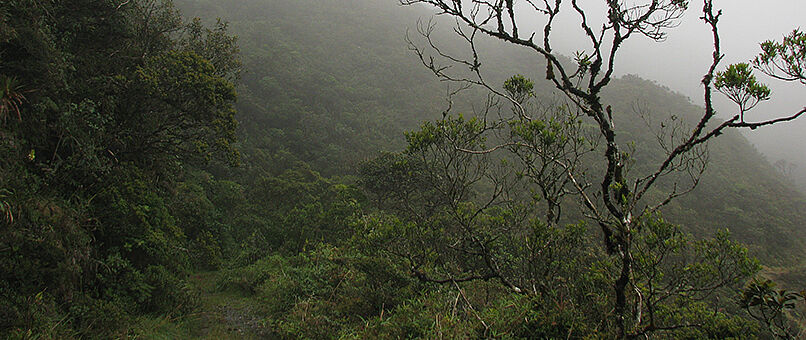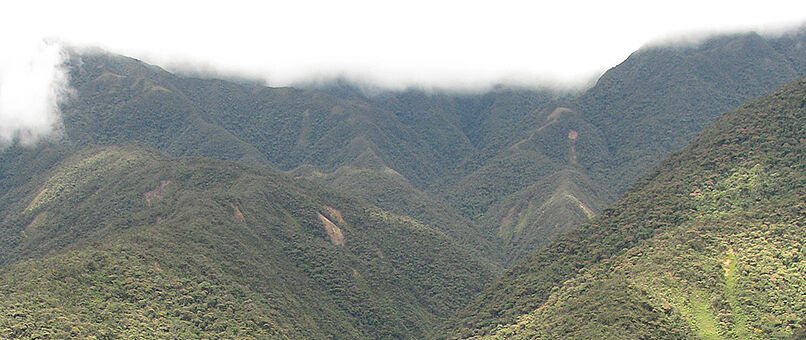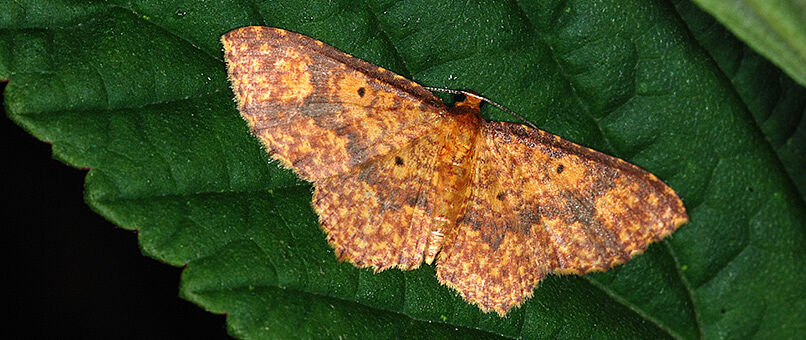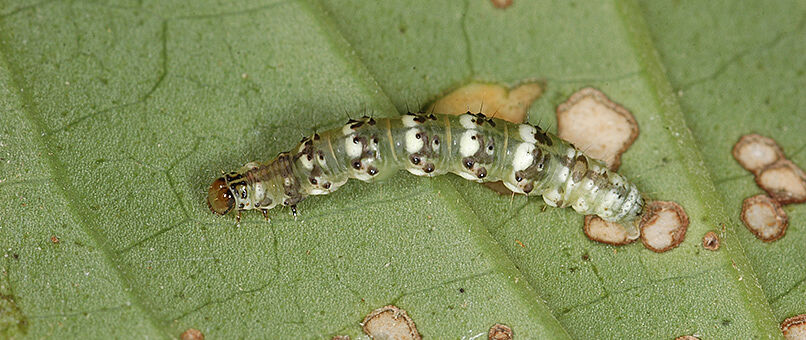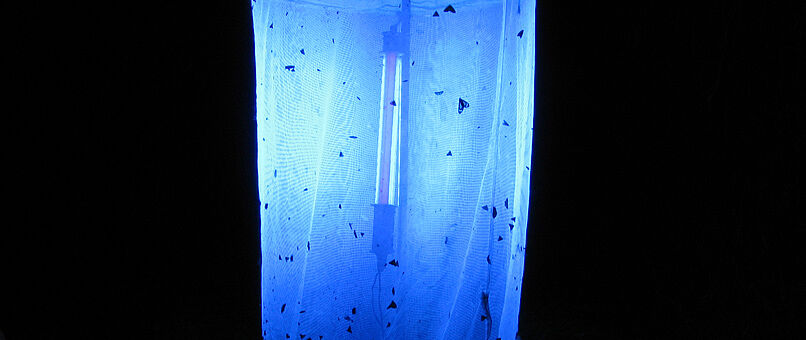Research at our department is devoted to the analysis of patterns in biological diversity and to the ecological and evolutionary processes driving these patterns.
On the community level we are primarily interested in
(a) determinants of biodiversity along environmental gradients and
(b) consequences of anthropogenic habitats alteration on the composition of species assemblages.
The comparative approach is a backbone of our scientific interests. We contrast patterns and processes prevalent in species-rich animal assemblages of tropical forest ecosystems with those in far less diverse temperate-zone biomes. Thereby, we touch upon the dimensions of species, functional, and phylogenetic diversity. Much of our research in tropical ecology is centered around the field station La Gamba in Costa Rica.
On the population level we study requirements and dynamics of individual species, especially animals of conservation concern.
On the individual level, we address the significance of genetic variation and phenotypic plasticity for the evolutionary ecology of organisms (e.g. with regard to micro-evolution and speciation).
Using selected phytophagous insects as main examples, we study the evolution of animal diversity, from the population level (phylogeography) across species to higher systematic levels (phylogeny). These studies open new insights into radiation processes in relation to historical factors as well as in co-evolutionary interaction with host plants.
Focal organisms range from insects (butterflies, moths, ants, beetles, dragonflies, etc.) to vertebrates (especially birds).

